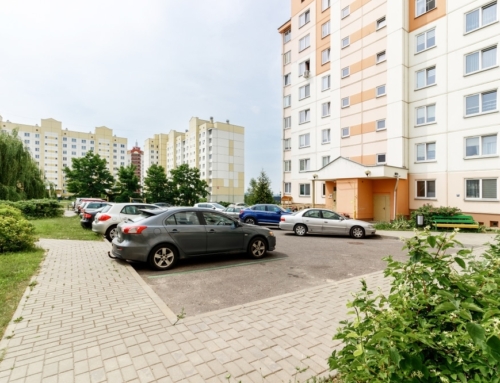Q: I am interested in buying a home in a 55-plus community. However, instead of buying the property outright, the land would be rented on a 99-year lease with the monthly fee pegged to the consumer price index.
Is this a good thing for us to be involved with?
A: Long-term land leases are pretty common in England, where the Queen, the Prince of Wales and other assorted members of the Royal Family still own a significant amount of acreage. They’re also more common in Europe, Asia and Canada.
Long-term land leases are less common in the United States, where most often property is purchased on a fee simple basis — in other words, you buy everything, including the land and any structures that sit on it.
But some communities are beginning to see more development on land that is leased. Long-term land leases are increasingly popular in mobile or manufactured home communities, where the owner will buy a mobile home and put it on land that he or she rents. It’s another way for the owner to control what happens to the property.
In some communities, the only available land for development may be owned by government agencies or charitable organizations that are not able to sell the land. In these cases, the only way to develop the land would be through a long term lease.
In many cases a long term lease gives you the same ability to improve the property as if you owned the land outright. In your case, you will probably be restricted in what you can do at the property based on the requirements of the 55 plus community. You will need to read the documents carefully or discuss their content and how they will apply to you with an attorney that has handled several long term leases.
You’ll want to see the land lease before you make an offer on the property. The lease agreement should have at least 20 to 30 years left on it and the terms of the lease should be clearly stated. You’ll also want to make sure that the lease can easily be renewed.





Leave A Comment